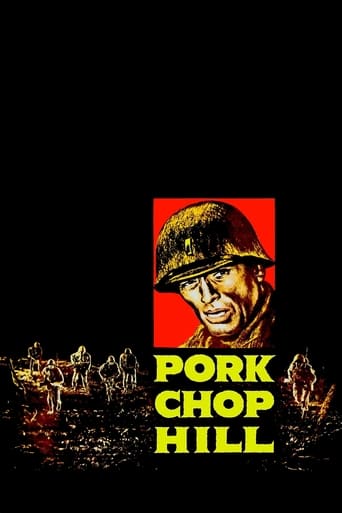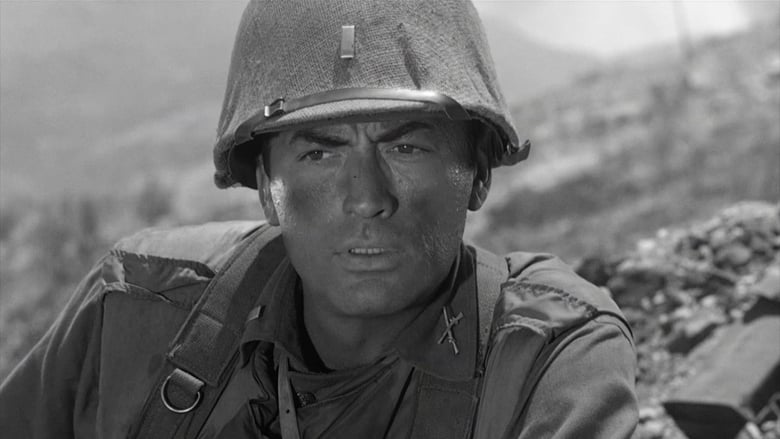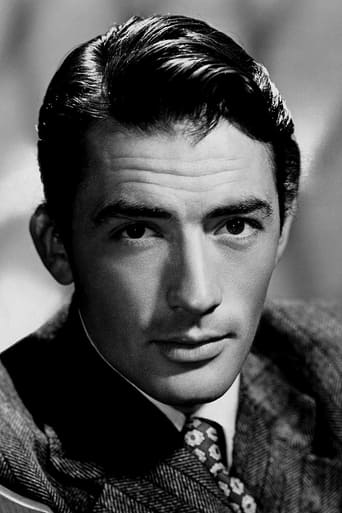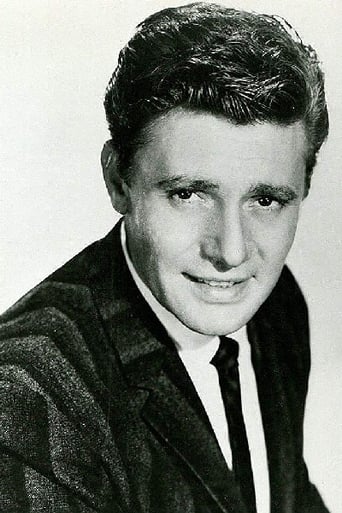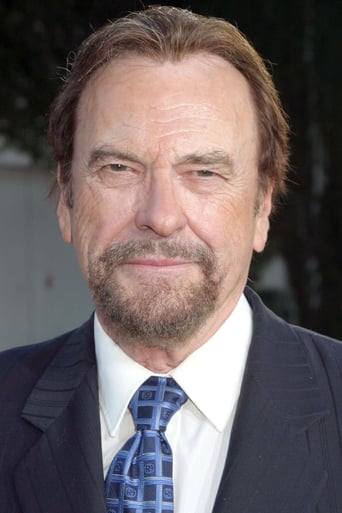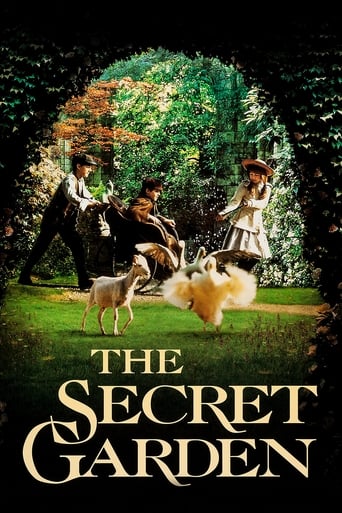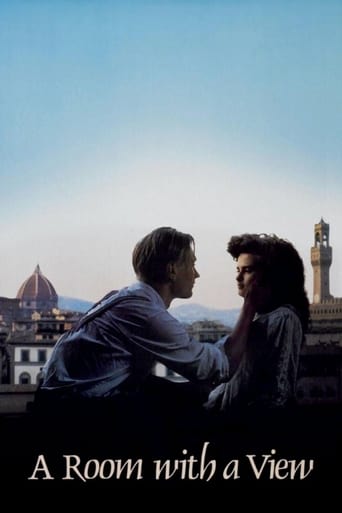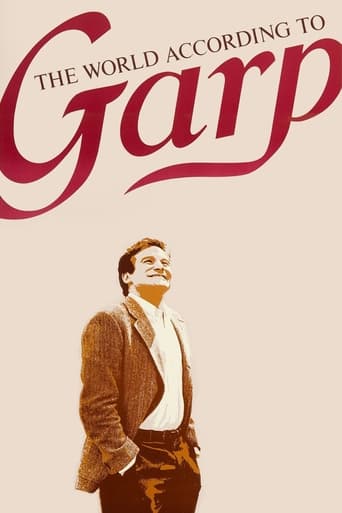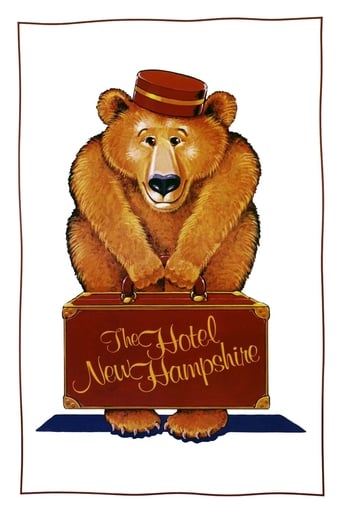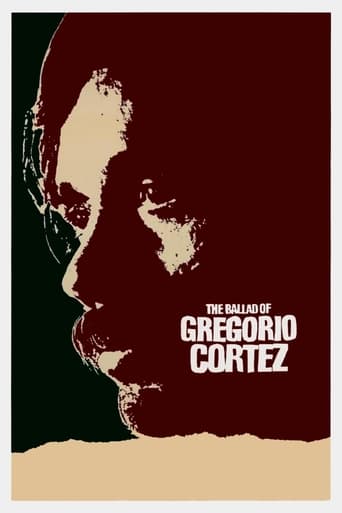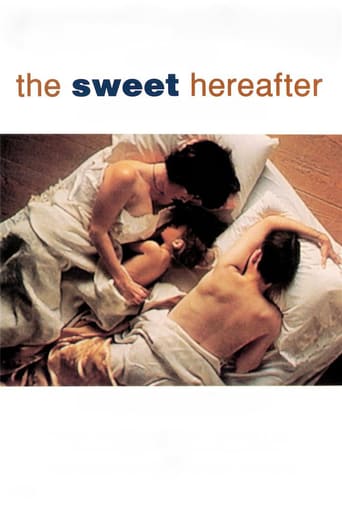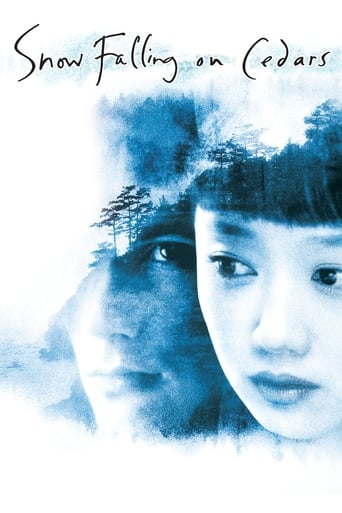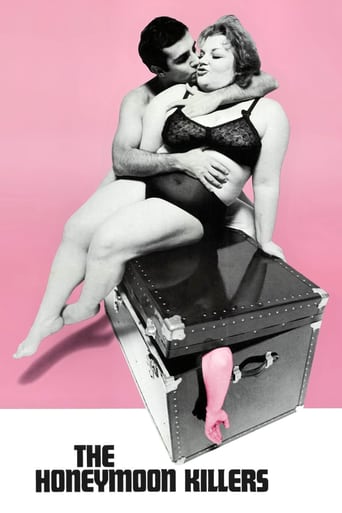Pork Chop Hill (1959)
Korean War, April 1953. Lieutenant Clemons, leader of the King company of the United States Infantry, is ordered to recapture Pork Chop Hill, occupied by a powerful Chinese Army force, while, just seventy miles away, at nearby the village of Panmunjom, a tense cease-fire conference is celebrated.
Watch Trailer
Cast
Similar titles
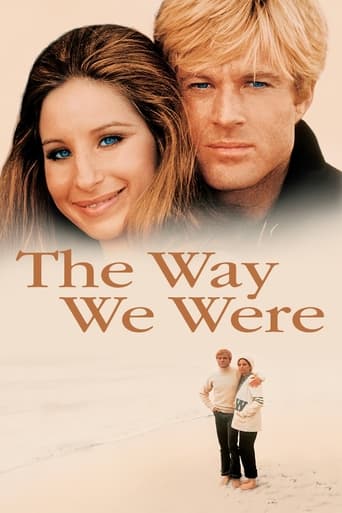
Reviews
The Worst Film Ever
Save your money for something good and enjoyable
Fresh and Exciting
This is one of the few movies I've ever seen where the whole audience broke into spontaneous, loud applause a third of the way in.
ONCE AGAIN, WE betray our age by reporting that we saw this picture while it was playing during its initial release. The venue was the old Ogden Theatre; which was then located at 63rd Street and Marshfield Avenue in the West Englewood (St. Theodore Parish), Chicago, Illinois.BEING IN JUNIOR High School and 12 years old, we tended to view it as just another War Picture; albeit one about the "Korean Police Action, rather than World War II. It probably didn't rate with the more action oriented matinée fodder such as American-International's HELL SQUAD and TANK BATALLION; which played on a double bill at the very same picture show.BUT WHEN ONE revisits the film, as we just did thanks to Turner Classic Movies, we find a very different picture, indeed. To begin with, we have a story based on the true incident of the Korean War, that wastes no time in getting things moving and makes its 97 minute running time go by in a seeming instant.IT WAS THE product of star Gregory Peck's own Melville Productions and Mr. Peck is the only actor of "Star Status" to appear. That is not to say that the cast was not talent laden; for it certainly was that, having assembled a group of supporting players who were either established veterans or young pups, who were on their way up the ladder.EVEN A QUICK GLANCE over the roster would leave even the casual movie buff impressed. The list contains names such as: Harry Guardino, Rip Torn, George Peppard, James Edwards, Bob Steele, Woody Strode, Norman Fell, George Shibata, Robert Blake, Ken Lynch, Abel Fernandez, Gavin Mac Cloud, Martin Landau, Harry Dean Stanton, Clarence Williams III and many others.ONE PARTICULAR INCIDENT in the story concerned Private Franklin (Woody Strode), who is given to a touch of fearful apprehension about being in combat and feigns injury in order to escape the front and return to the rear echelon. Lt. Clemons (Gregory Peck) recognizes the situation and forces Franklin into service. Franklin's behavior continues that way until he is a candidate for a firing squad.BUT, THE LEVEL headed Lieutenant uses some psychology and Franklin redeems himself, serves honorably & even heroically.* THE FILM IS the story of one incident at the last days of the Korean War. Pork Chop Hill offers no advantage to either side, military or otherwise. But its 'importance' lies in the fact that it is there and it becomes a sort of symbol of just how far the negotiating sides (the United Nations forces and the Communist Chinese) would go in securing a truce.SURELY MANY WOULD argue about the classification of PORK CHOP HILL as a film genre. Some say it's a war film, whereas others just as vehemently argue that its 'message' is one of anti-war.WE TEND TO agree with neither as the sentiments of author, producer/star Gregory Peck and Director Lewis Milestone; whom all would agree. It's just a story about the horrors of war, all war. And that really has nothing to do with political belief; although it is usually the pols who get us into these things! TO SUM IT all up, we quote U.S. Army Civil General, William Tecumseh Sherman who so eloquently stated: "War is Hell!" SO BE IT!!
Lewis Milestone directed this Korean War story, based on fact and set near the end of the war, where Lt. Joe Clemons(played by Gregory Peck) is ordered to retake an enemy position called Pork Chop Hill(because it resembles an actual pork chop on a map). Trouble is, morale is uneasy because the war may be coming to an end soon, and nobody wants to be the last soldier killed in this war, especially when the hill in question is of little military value, it would be just to show the Chinese, American resolve. Harry Guardino, Rip Torn, and George Peppard costar. Insightful and intelligent war story with good acting and direction. Some editing is a bit ragged, but otherwise compelling.
This supposedly "anti-war film" is perhaps a textbook example as to how intellectually dishonest most war films are.On June 25th, 1950, North Korea invaded South Korea. It did this, it insisted, in reply to an invasion of their territory by South Korea. In response, the United Nations sided with the South, demanding the withdrawal of all North Korean troops. Of course North Korea ignored the UN, and promptly went on to capture Seoul, the capital of South Korea.Three days later, US ground troops entered the fray, determined to "halt the spread of the North Korean Communists". After a series of defeats, however, the US troops promptly fell back. As a result of these defeats, General Douglas MacArtur was appointed by the UN to lead the fight against the North Koreans, leaving no doubt that the UN was primarily functioning as an extension of US foreign policy. Meanwhile, North Korea continued in its victories and by early August, both the Soviet Union and China were pronouncing that the North-South conflict was a civil war and that all foreign troops should withdraw. Days later, the US, through a UN representative, stated that this war was really a "police action" and that their aims were to "unify Korea", implicitly at the expense of the communist North. In other words, the North/South Korean border had become the location for a proxy war between the US and the Soviet Union, the West squaring off against the "ideology of communism".China, of course, didn't want to be left out of the action, and so sided with the North Koreans, stating that they would not tolerate "their neighbours being savagely invaded!" By the end of the year, Chinese troops had crossed the borders and joined North Koreans in a major offensive against the UN and US. The war went back and forth for many weeks, neither side gaining an advantage, until cease-fire talks began and peace arrangements were made. These peace arrangements promptly broke down, however, as both sides "interpreted the peace deals" as they saw fit. Thus, in June 1952, UN forces began bombing targets in North Korea, which in turn resulted in heightened North Korean violence, which in turn finally resulted in shaky cease fire agreements, the war finally ending weeks later. The result: Korea wasn't unified, communism didn't "spread" and the US and UN began erecting large forts and military emplacements along the North/South border. Over three million civilians were killed in the conflict.Released one year after Kubrick's "Paths of Glory", Lewis Milestone's "Pork Chop Hill" essentially tells the same story, the film focusing on group of soldiers who die in vain for a strategically unimportant hill in the middle of Korea. Milestone (who famously directed the anti-war film, "All Quiet on the Western Front") points fingers at callous generals and politicians, condemning the faceless decision makers who wage war by proxy, but his script is heavy-handed and his dialogue at times too obvious.What's problematic about "Pork Chop Hill", though, is the way that it makes no mention of the Koreans, and instead reduces the Korean conflict to a battle between Americans and Chinese on a hill. The film then goes on to depict the Red Chinese as snarling savages, a communist horde which rarely rises above the way the Nazis are portrayed in WW2 propaganda movies. Given the time of the film's production and release (1958-9), this makes perfect sense. Partly because they sensed America's unbroadcasted failure in the war, Americans had swept the Korean experience under the rug, the Korean conflict promptly becoming the forgotten American war. It therefore would do nothing for the film's financial prospects to attempt to revive these memories. (US amnesia about Korea contributed to the next US war, where Americans felt they might erase their vague sense of defeat by succeeding in Indo-China where their predecessors, the French, had failed.) But though Korea was wiped from the public's consciousness, the Cold War between the US and the "Reds" (ie Soviet communists) persisted. Thus, it is really to this conflict that "Pork Chop Hill constantly refers, with the Chinese filling in for their communist brethren, the Soviets. (In reality, China and Russia were only ever very volatile allies) The film is therefore entirely contradictory, muddling together two diverse and inherently opposed agendas. On the one hand, the makers want to say something about how grunts are manipulated and sacrificed by distant generals and politicians. They wish to show war as horrifically out of the hands of those who fight and die in it. This aim, of course, predicts a pessimistic, even a tragic outcome and outlook. On the other hand, the makers also want something else entirely. They want to curry the favour of 1959 audiences by invoking the fears of the Cold War, a "war" to which these audiences can directly relate, a procedure that needs to predict an optimistic, even a celebratory outcome and outlook. Since the substitution of the Cold War for the Korean War was deemed by the makers incapable of being acknowledged, the film's contradictory aims result in an ambivalence towards the entire Korean conflict and its consequences. It wants to celebrate the soldiers of the Cold War, a war which it sees as necessary, whilst also mourning the loss of those who died in the Korean conflict (historically a part of the Cold War). Celebratory vs Tragedy: it is in this fashion that most war films (even those which proclaim themselves to be antiwar) veer pathologically between antiwar statement and gung-ho propaganda.7/10 – Like Milestone's earlier "Halls of Montezuma", the film uses a near-expressionistic tone for its battle scenes. It's in these wordless moments that the film works best.Worth one viewing.
It's the Korean War, Lt. Clemons and his company are ordered to retake from the Chinese a ridge known as Pork Chop Hill, it's a futile exercise as the hill itself has no significant tactical worth. Disillusioned about their superiors and frightened to the hilt, the men must battle for the hill knowing they could well be killed just because the top brass want to save face.Based on actual events and lifted from the story by S.L.A. Marshall, Pork Chop Hill is a poignantly effective drama that impacts hard about the grimness of war. Playing out (with some justification) as a paean to the wonderful infantrymen that fight the wars, it's an engrossing viewing that never feels preachy or self indulgent, a charge that sticks with many other acclaimed war dramas. Directed by Lewis Milestone (All Quiet On The Western Front), the picture benefits from a feeling of authenticity, a sense of desperation hangs heavy for those viewers willing to fully invest into the picture. Photography is expertly handled by Sam Leavitt, with the cast, led by a brilliant show from Gregory Peck as the compassionate Clemons, firing from the top draw. A powerful and memorable movie for sure and certainly an important one because the Korean War is largely forgotten these days, so Pork Chop Hill now stands proud for those that died during the conflict, for this is a wonderful testament to the brave fighting under stupid circumstances. 7.5/10
